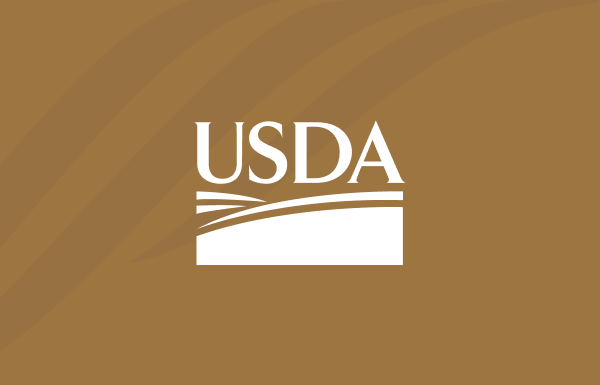In 2004, Joel and Jean Garland began operating a value added wood products business. In little more than a decade that sawmill has adapted, innovated, persisted, and advanced, all while remaining grounded in the small rural community of Lillie, Louisiana.
Joel identified opportunities to improve his business as his network expanded, interaction with customers increased, and overall experience grew. His time and effort was spent investigating the effectiveness of heating with wood and incorporated wood pellet production into his product mix. Rural Development provided a Renewable Energy grant to help him to install a small drying system, consisting of a pellet mill and flex fuel furnace. This allowed using biomass waste material from the sawmill as feedstock and opened up new market opportunities. The exporting of wood increased his revenue and reduced operating costs.
As a result of increase in sales, new opportunities presented itself. To truly optimize output and utilize all raw material, more equipment and manpower was necessary. With a new saw, some equipment upgrades, and delivery trucks, Ouachita Biomass could add customers, introduce new products, and focus on higher profit items. Joel began developing an expansion plan. He participated in the I-20 Regional Corridor Accelerator Initiative conducted by Louisiana Tech University and submitted a loan proposal to First Guaranty Bank in Dubach. With the help of a USDA loan guarantee, Ouachita Biomass has optimized their operations, facilitated waste reduction, and introduced new products created from scrap.
The funding from USDA helped to contribute to an increase in sales. Additional workers with full-time employment increased from 14, at the time of the loan, to 29. The company set aggressive goals, intending to increase revenue by 50 percent within the first year and has actually seen a rise of over 80 percent within the first nine months.
Joel and Jean expressed tremendous gratitude for the USDA program that helped make their current success possible. Joel remarked that “he truly appreciated USDA and First Guaranty’s understanding and recognition of the potential that existed in a rural business with an idea about how to maximize efficiency through waste reduction and optimal use of their raw inputs.”

